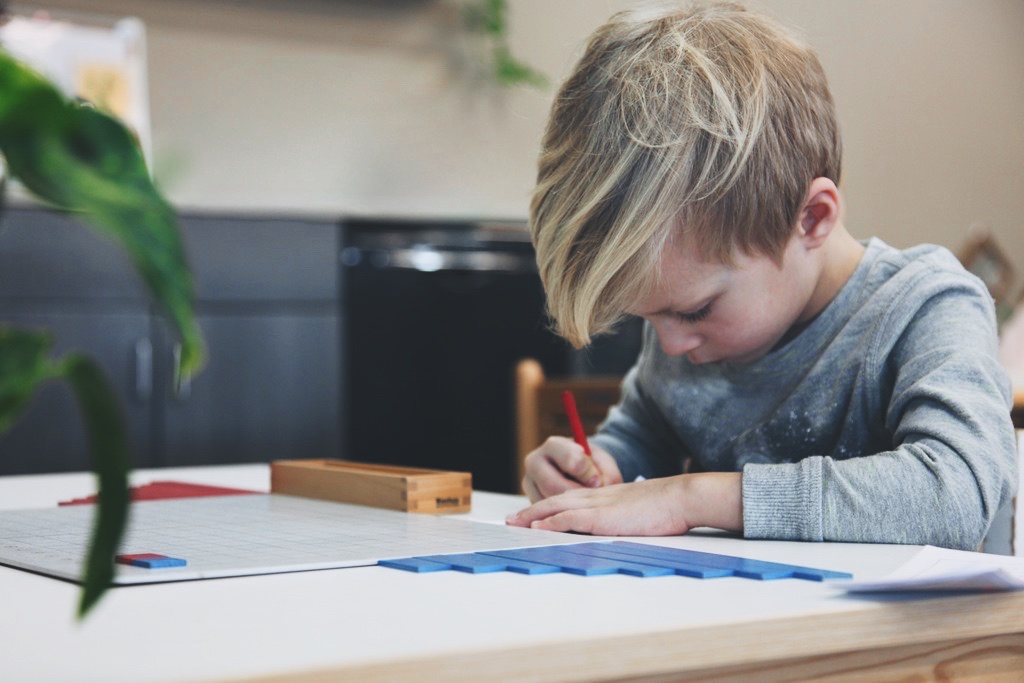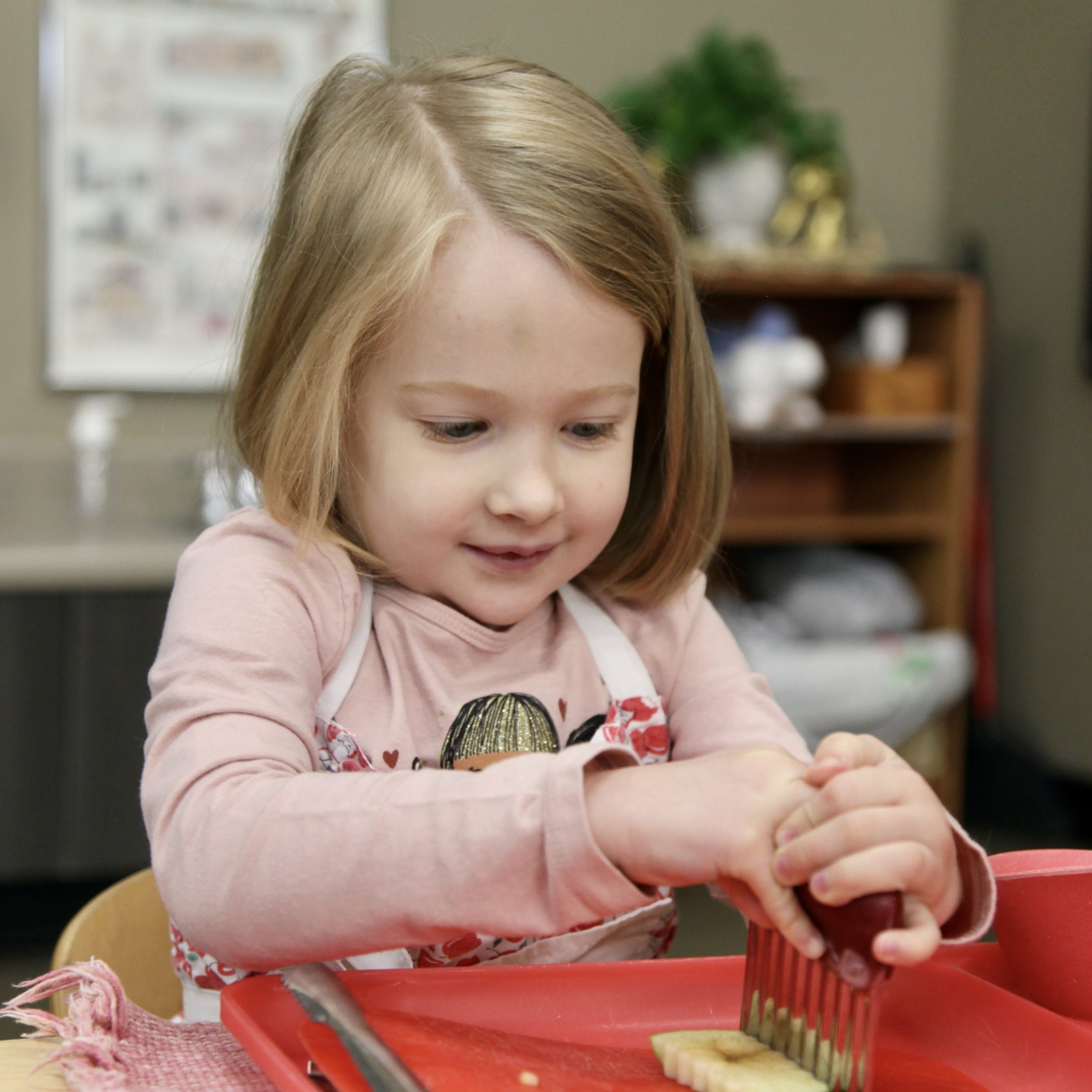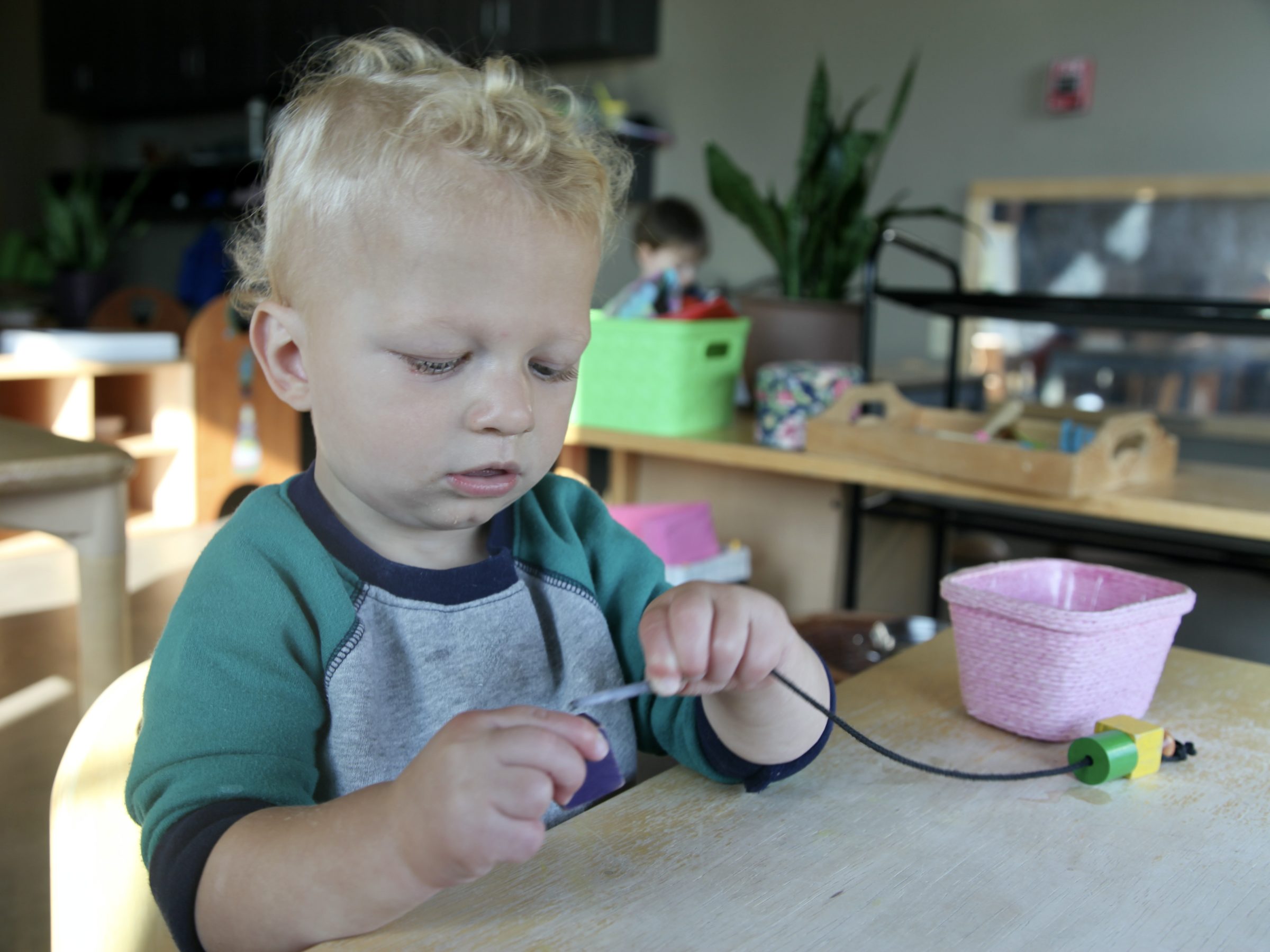Why Montessori?
Thoughts & Reflections
Why would I want to send my child to a Montessori? What do you offer that a daycare/in-home program/staying home with a primary caregiver doesn’t?
These are such natural questions. With an abundance of options, wanting to prepare our children the best we can for an unknown future, and no clear right or wrong, it can be hard to make a decision.
We stumbled upon this article from Mother.ly.
The title kind of says it all:
“Your child’s social skills in kindergarten are more important than their academics.”
Woah.
You don’t have to read very far to come to another doozy. “…the social skills observed in kindergarten showed significant correlation with well-being at age 25.”
“…kindergarteners who demonstrated social competence were more likely to graduate from high school, go to college, get a job, and stay out of jail than those who showed a lower level of social competence.”
Oh my.
The article shares five “social competencies” parents can help their children develop, supporting the development of these “soft skills” (as opposed to “hard skills,” or academics) that are the foundation of social development.
So how does this relate to Montessori?
Montessori is education of the Whole Child. This means, while the academics, the reading, knowing what a verb is, the rules of division, how to calculate area, or the capital of Algeria, are really important, (and let’s face it, it’s charming and beautifully braggable to ask your four year old to name an isthmus and have them respond as though everyone should know this) that learning is only possible because of the social development that is already happening. You can memorize math facts but if you don’t feel like this is your Home and you are important in this community, the facts stay memorized, not learned, not Known.
If you feel a strong sense of belonging and ownership, you’re comfortable taking risks with your learning and working outside of your comfort zone. You’re willing to try a bit harder because you know the safety net is there, help is only one small question away. You’re eager to help others, since that knowledge is internalized and available to share with others.
Montessori supports the development of these soft skills, these “social competencies.”
Grit. Sharing. Problem-Solving. Taking Initiative. Empathy. Altruism. Independence. Impulse control. All these are natural, vital to the Montessori philosophy, and fostered in Montessori classrooms not just for the Kindergarten year this article mentions, but even before.
Children are encouraged to first work to complete a work independently — grit and tenacity. If they’re stuck, their first step is asking a friend for assistance — empathy and problem-solving. Once you’ve mastered a skill, you can provide help to others, such as offering to zip coats before we go outside, or choosing to fold the napkins for lunch — empathy and altruism. There’s only one of each material, so when someone else has it, it’s unavailable for the time being, until that child chooses to return it to the shelf — impulse control and sharing.

These examples are broad-stokes, common, everyday occurrences in Montessori schools around the world. This does not even begin to represent each of the nuances of individual classrooms, much less important lessons each child is learning. Introverted students learn leadership and that their voice matters. Charismatic students learn to use their natural abilities and affinity for social situations for the benefit of others. Younger siblings figure out how to be independent without the hovering or help of a well-meaning older sibling. Older siblings feel responsible for their own actions and work, without the worry (or distraction!) of concern for a younger sibling. Only children are attuned to different social interactions they might not be exposed to in a classroom with only same-age peers.
There are countless benefits to the education of the whole child, the social development intrinsic to the Montessori philosophy, the mixed-age classroom. It’s exciting to see how these well-established aspects of Montessori are also being integrated into traditional education, and have lasting benefit.
Written by:
Charlotte Snyder



